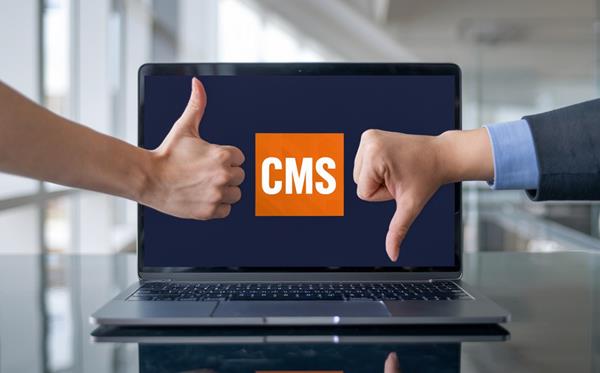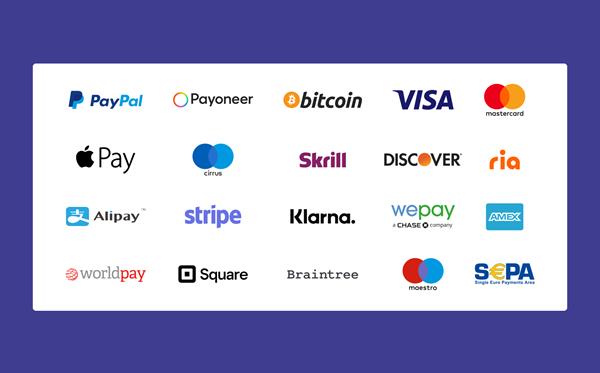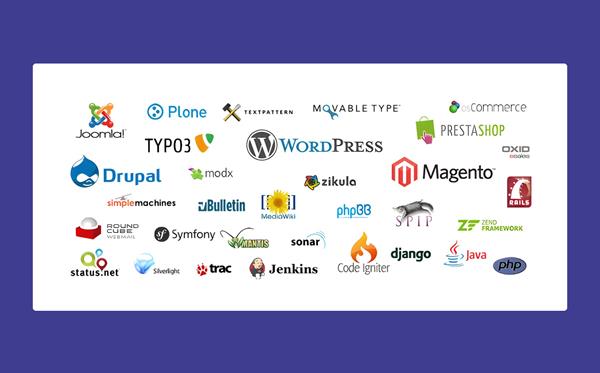Key Considerations When Choosing an E-commerce Platform

With the rapid growth of e-commerce, choosing the right e-commerce platform is critical to the success of your business. Your platform serves as the backbone of your digital store, directly influencing user experience, operational efficiency, and security. A poor choice could limit your business’s growth potential. Below are the key factors to consider when selecting an e-commerce platform.
1. Scalability
As your business grows, your e-commerce platform must grow with you. The platform you choose should handle increased traffic smoothly, particularly during high-demand seasons, promotional events, or sudden traffic spikes. The ability to scale without compromising performance is crucial.
Recommendations:
- Shopify offers robust scalability for growing businesses.
- CIQRA provides both cloud-based and on-premise options for large, customized projects, ensuring scalability.
2. Security
Since e-commerce involves handling customers’ personal and financial information, security measures must be top-notch. Your platform should be PCI DSS compliant, support HTTPS protocols, and offer features such as two-factor authentication (2FA). Regular security patches and updates are also essential.
Sources:
3. Integration Capabilities
Your e-commerce platform should integrate seamlessly with third-party software and tools, such as accounting software, CRM systems, and email marketing platforms. These integrations can help automate processes and increase operational efficiency.
Recommendations:
- Magento and BigCommerce offer extensive integration options.
- CIQRA provides REST API support, allowing custom integrations.
4. User Experience (UX)
Your e-commerce site must be user-friendly to ensure visitors can easily navigate and make purchases. The user interface (UI) directly impacts site speed, mobile responsiveness, and ease of navigation. A modern e-commerce platform should offer mobile-friendly designs and customizable interfaces.
Sources:
5. SEO-Friendliness
Optimizing your e-commerce site for SEO ensures better visibility in search engine results. Your platform should support SEO-friendly URLs, meta descriptions, and title tags. Additionally, technical aspects such as page load speeds and sitemaps also impact SEO performance.
Sources:
- Moz SEO Guide
- Yoast SEO for E-commerce
6. Customer Support
The quality of customer support your platform offers is critical, especially when you encounter technical issues. Fast and efficient customer service can help resolve problems quickly. Also, a platform with a large user community can provide valuable peer support through forums and discussions.
Recommendations:
- Shopify and WooCommerce offer 24/7 customer support.
- CIQRA provides B2B support, offering technical solutions and enterprise-level customer service.
7. Pricing and Total Cost of Ownership
When evaluating e-commerce platforms, it’s important to look beyond initial setup costs and consider long-term expenses. Platform costs typically include hosting, support, add-ons, integrations, and traffic scaling fees. Custom modules and developments can also impact overall costs.
Recommendations:
- WooCommerce is open-source and has low initial costs, but expenses can increase with additional plugins.
- CIQRA offers flexible pricing models, tailored to your specific needs.
8. Global Payments and Shipping Integrations
If you plan to sell internationally, your platform must support multiple payment gateways and shipping providers. The ability to offer multi-language, multi-currency, and global shipping options will help you cater to a worldwide audience.
Sources:
- DHL E-Commerce Solutions
Conclusion
Choosing the right e-commerce platform is one of the most critical decisions for your business’s digital success. By considering the factors outlined above, you can find a solution that not only meets your current needs but also supports your growth and improves customer experience.
































